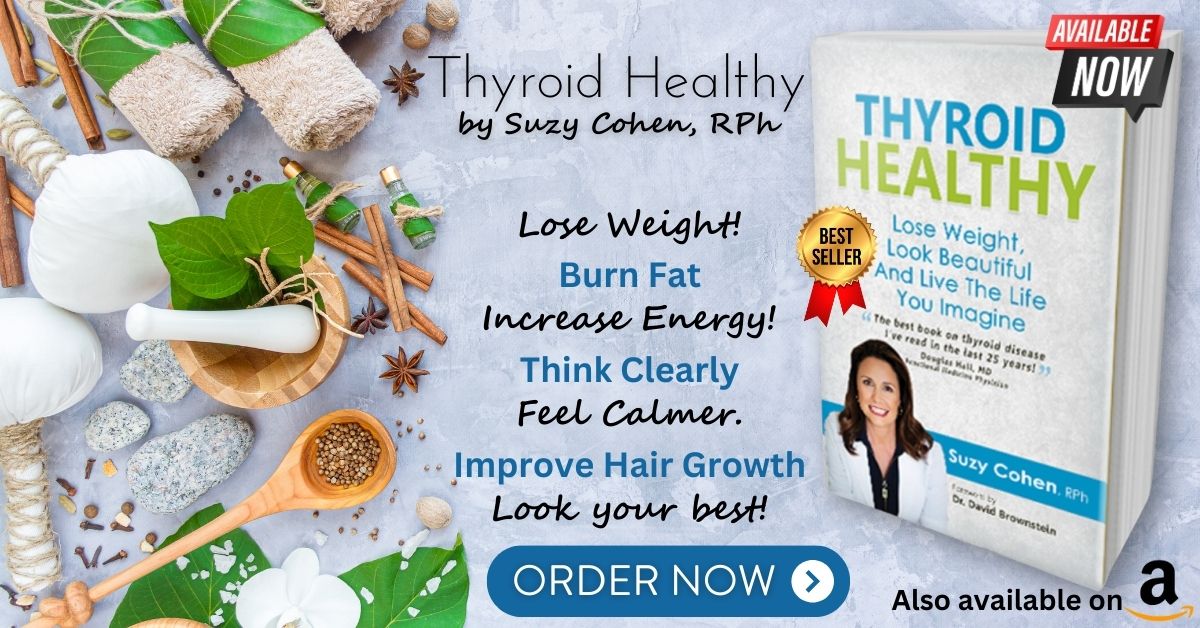What's On This Page?
ToggleThis article is about the suggested tests you might want to take in order to improve your health.
It might surprise you, but everyday items like plastic water bottles and common medications such as “The Pill” could be subtly undermining your thyroid health. These products increase estrogen levels in your body, much like certain menopause drugs and the synthetic hormones used in commercial livestock to increase weight. In humans, elevated estrogen can lead to an excess of thyroid-binding globulin (TBG), a protein that makes thyroid hormone unavailable to the cells that need it most.
Of the Suggested Tests, Thyroid-Binding Globulin (TBG) is Imporant
TBG is like a taxi service for your thyroid hormone, transporting it through your bloodstream and delivering it where it’s needed to energize your body and metabolize food—like that foot-long sub from last night.
However, when TBG levels are too high due to increased estrogen, your free thyroid hormone levels, particularly free T3, plummet, leading to symptoms of hypothyroidism, or what I like to call being “thyroid sick.”
I delve deeper into this topic in my book, Thyroid Healthy. It’s crucial for women to understand that hypothyroidism is not just an inconvenience—it’s a serious health concern with implications for reproductive health, including risks of premature birth, low birth weight, miscarriage, and poor fetal neurological development.
Suggested Tests Summary
The widely-used TSH blood test often fails to accurately reflect your true thyroid health. Instead, I recommend checking your Sex Hormone Binding Globulin (SHBG) and Thyroid Binding Globulin (TBG) levels for a more accurate picture:
- Sex Hormone Binding Globulin (SHBG): Ideal levels should be less than 70 for women and less than 30 for men. While SHBG can reflect estrogen, insulin, or thyroid hormone levels in women, it’s less useful in men for thyroid issues. Low SHBG could indicate low estrogen, high insulin (pointing to potential diabetes), or low thyroid hormone levels.
- Thyroid Binding Globulin (TBG): Aim for levels between 13 – 39 mcg/ml. The Pill can increase TBG levels, which may explain why you feel more fatigued on these medications—they sequester your thyroid hormone, reducing its availability and effectiveness. Here’s more information, CLICK HERE.
You should read this article next, 5 Essential Tips To Interpret Your Thyroid Lab Results: Normal Isn’t Optimal.
Simple Changes for Significant Impact
To combat these issues and bolster your thyroid health, consider making a few manageable lifestyle adjustments:
- Swap Plastic for Glass: Use glass water bottles instead of plastic to reduce your exposure to BPA and other chemicals that can mimic estrogen.
- Choose Better Meat: Opt for grass-fed, organic, and free-range meats to avoid the synthetic hormones found in commercial beef.
- Reevaluate Hormone Therapies: Discuss with your healthcare provider about switching to natural forms of hormone replacement or exploring non-hormonal contraceptives. Over-the-counter aromatase inhibitors like chrysin or DIM can also help manage estrogen levels.
- Adjust Your Thyroid Medication: If you’re on thyroid medication and still feeling off, talk to your doctor about adjusting your dosage or adding T3 to your regimen for better control over your symptoms.
Empower Yourself: Speak Up for Your Health
Never resign yourself to living with symptoms that leave you feeling less than your best—healthy, sexy, and energetic. Remember, you have the power to advocate for your health and make the changes necessary to live well. Your body, your thyroid, and your well-being are worth fighting for!

Suzy Cohen, has been a licensed pharmacist for over 30 years and believes the best approach to chronic illness is a combination of natural medicine and conventional. She founded her own dietary supplement company specializing in custom-formulas, some of which have patents. With a special focus on functional medicine, thyroid health and drug nutrient depletion, Suzy is the author of several related books including Thyroid Healthy, Drug Muggers, Diabetes Without Drugs, and a nationally syndicated column.

